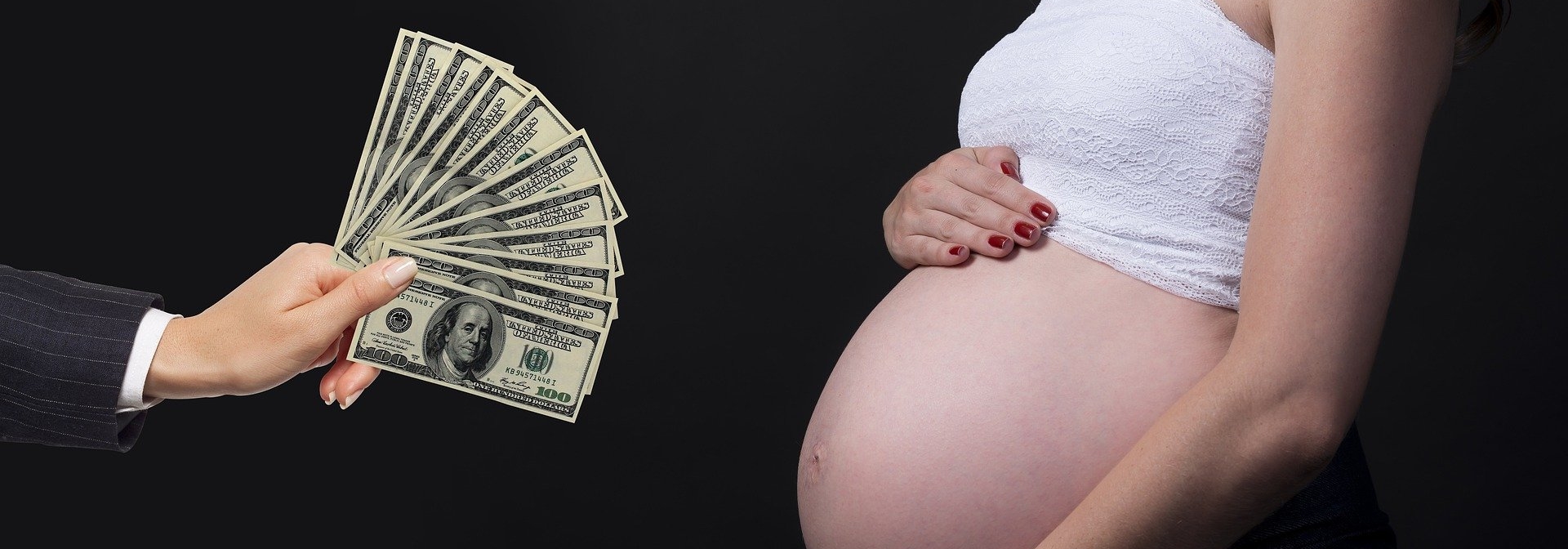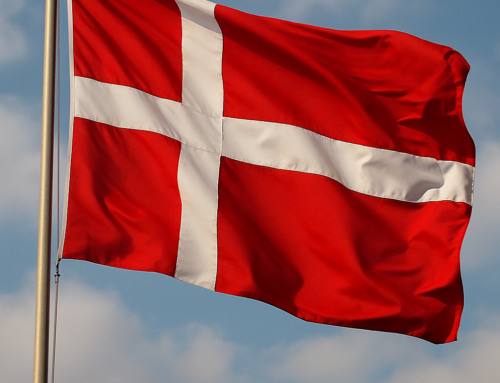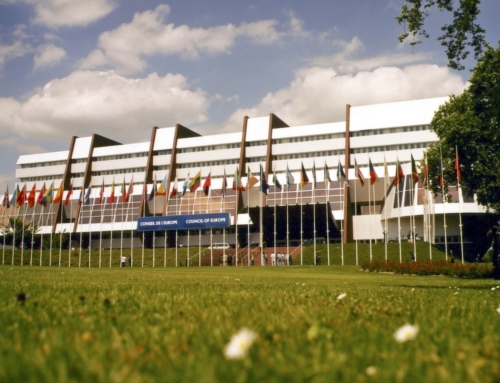March 31, 2021
A new Russian draft law reignited the global debate over surrogacy. Surrogacy is a from human trafficking, and the Russian legislature has moved to restrict the practice when it falls outside the nation’s interest. This law would only be a first step to combat this extremely deleterious practice worldwide.
The Russian Duma, or Parliament, introduced on March 19, 2021 a draft law that would restrict the nation’s popular surrogacy industry, with a special emphasis on outlawing their use by foreigners and same-sex couples. Irina Yarovaya, Deputy speaker of the Russian Duma, announced that “Russia is not an incubator.”
Russia’s surrogacy laws rank amongst the most liberal in the world. They permit both altruistic and commercial surrogacy and make surrogacy accessible to almost all adults willing to become parents. The surrogate mother must consent to register the surrogate child upon its birth, but afterwards the Russian civil code requires neither adoption processes nor any sort of court intervention to deliver the baby to the parents who hired the surrogate. The new proposal calls for restricting access to surrogates to couples between the ages of 25 and 55, who have been married for at least one year and have a written recommendation from a medical doctor.
Although other countries—such as Georgia, Ukraine, and certain of the United States—have a legal surrogacy industry, Russian surrogates are in high demand across the world because of the comparatively low cost of hiring one. According to the Economist, “nine months of gestation plus labour can be bought for around $20,000.”[1] As a point of comparison, the US-based surrogacy firm Circles Surrogacy, which has offices in New York, Boston, and San Francisco, offers surrogacy “packages” starting at $128,750.[2]
While the bill seeks to cease the trafficking of children, it does nothing to protect women from the extremely harmful practice of surrogacy itself or to address the economic and social factors that drive women to rent out their bodies. Indeed, the proposed law moves to restrict the practice only for those children whose births are considered by the bill’s proponents as outside Russia’s national interest. While it is important that Russia is taking a step toward outlawing an exploitative and medically risky practice, it does so without taking a stance against surrogacy as a human rights violation.
It is imperative that governments speak out against surrogacy and abolish the practice. Among these reasons are the medical risks to both surrogate mother and child, an increased risk of post partum depression for surrogate mothers, and the effective discrimination against those parents who cannot conceive but wish to adopt a child. Whereas few, if any, restrictions exist to prevent an adult from hiring a consenting surrogate mother, the adoption process is not only expensive but also rigorous and emotionally taxing. Thus, surrogacy is not a just practice, but one that deepens inequalities at the expense of children and women’s bodies. Russia’s draft law invites all countries to ask themselves how long they are willing to passively allow the buying and selling of children.
[1] The Economist. (2021, March 18). Russia’s liberal surrogacy rules are under threat. https://www.economist.com/europe/2021/03/18/russias-liberal-surrogacy-rules-are-under-threat
[2] Become a Parent In Belgium. (2021). Circle Surrogacy. https://www.circlesurrogacy.com/parents/international-parenting/belgium?utm_source=google







